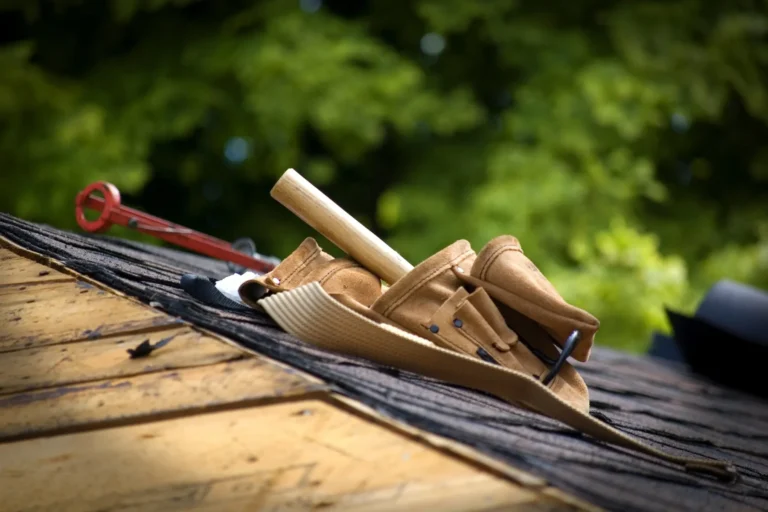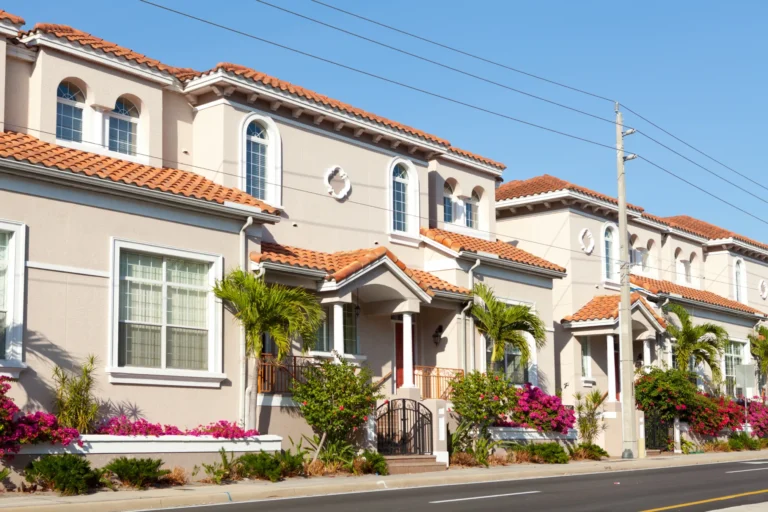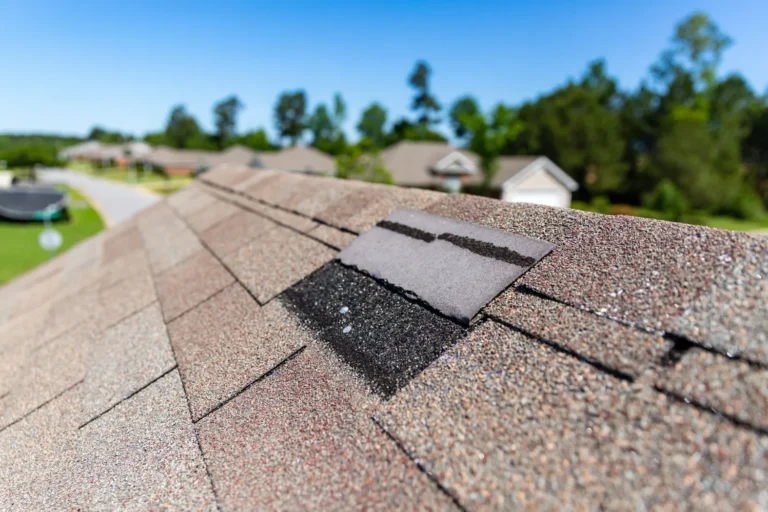
Choosing a Roofer as a Property Manager: Everything You Need to Know

- Understanding the Role of a Roofing Professional
- Key Qualifications and Certifications to Look For
- Evaluating Experience and Reputation
- Receiving and Comparing Quotes
- Establishing Effective Communication and Expectations
- Frequently Asked Questions
As a property manager, your responsibilities go far beyond managing tenants and overseeing day-to-day operations. One of the most critical tasks on your list is ensuring that your property, including the roof, is well-maintained. A roof is a key component of any building, and selecting the right roofing professional can mean the difference between a quick, effective repair and a costly, long-term problem.
Understanding the Role of a Roofing Professional
A roofer is a professional specializing in installing, maintaining, repairing, and replacing roofs. Your roofer will be skilled at identifying issues such as leaks, missing roofing materials, deteriorating flashing, or structural damage.
As a property manager, hiring a roofer who understands your property’s specific needs and can provide reliable, timely service makes all the difference in how you oversee your property and serve your tenants. Whether it’s an emergency repair, routine maintenance, or a full roof replacement, you’ll want someone who can work efficiently without disrupting tenants or property operations.
Key Qualifications and Certifications to Look For

Not all roofers are created equal, so it’s important to look for specific qualifications and certifications that indicate a roofer is experienced, well-regarded, and can do the job you need them to do. Here are some key qualifications to seek when evaluating potential roofers:
- Licensed and Insured: Ensure the roofer is fully licensed to work in your area and carries appropriate insurance, including general liability and workers’ compensation. This protects you from liability in case of accidents or damage during the job. We are a Florida Licensed Contractor, License No. CCC1335633 and we are insured.
- Manufacturer Certifications: Many roofing material manufacturers offer certification programs to roofers who meet their standards. These certifications often indicate a roofer’s expertise in handling specific roofing materials, such as asphalt shingles, metal roofing, or flat roofs.
- Industry Affiliations: Look for roofers who are members of recognized industry organizations or local trade groups. Membership in these organizations shows a commitment to staying updated on best practices and industry standards.
- Safety Training: Roofing can be a hazardous profession, so it is important to ensure that the roofer has proper safety training and follows OSHA guidelines to avoid potential injuries.
Evaluating Experience and Reputation
A roofer’s experience and reputation can give you valuable insight into their work quality and reliability. Here are some ways to evaluate potential candidates:
- Years of Experience: Roofers with years of experience tend to have a more refined skill set and a deeper understanding of roofing systems. Ask how much experience they have and whether they specialize in the type of roof your property requires.
- References and Reviews: Don’t hesitate to request references from other property managers or real estate professionals. Online reviews and testimonials can also provide helpful insights, but remember that not all reviews are equal. Focus on consistent feedback regarding quality, reliability, and customer service.
- Portfolio of Past Projects: A reputable roofer will have a portfolio of completed projects. Reviewing past work allows you to assess the quality of their installations or repairs and ensure their expertise matches your property’s needs.
Receiving and Comparing Quotes

Once you’ve narrowed your list of potential roofers, it’s time to get quotes. A good roofer should provide a detailed, written estimate outlining the scope of work, materials to be used, timelines, and costs. When comparing quotes, consider the following:
- Scope of Work: Ensure the quotes clearly outline all the tasks, from materials and labor to cleanup.
- Price vs. Value: While price is important, it shouldn’t be the sole factor. Opting for the cheapest roofer could result in subpar work, costing you more in the long run. Similarly, the most expensive quote doesn’t always guarantee the best quality. Focus on finding the best value for your budget, considering both price and the quality of the service.
- Warranty Information: A professional roofer should offer a warranty on the materials used and the labor performed. Understand the terms and length of the warranty and ensure that it covers any issues that may arise in the future.
- Hidden Costs: Be wary of roofers offering a low initial price but later adding hidden fees for tasks that weren’t included in the original quote. Transparency is key, so ensure that all potential costs are clearly outlined.
Establishing Effective Communication and Expectations
Clear communication is essential for a successful roofing project. As a property manager, you should establish expectations upfront to avoid misunderstandings and ensure the project runs smoothly.
- Timeline: Discuss a clear timeline for the project, including start and finish dates. Ask about the expected duration of each phase (e.g., inspection, preparation, installation or repair, inspection). Also, clarify whether the roofer has any flexibility in case of unforeseen delays.
- Project Updates: Ensure the roofer commits to providing regular updates on progress, especially for larger or more complex projects. Knowing when they will check in or when they need approvals will help you stay in the loop.
- Emergency Services: Sometimes, roofing issues arise unexpectedly, whether it’s a sudden leak or storm damage. Make sure your roofer is available for emergency repairs or knows how to respond quickly to urgent requests.
- Point of Contact: Establish who your main point of contact will be during the project and ensure they are accessible. Whether it’s the roofer themselves or a project manager, knowing who to contact in case of questions or concerns is key.
- Post-Job Follow-Up: After the roofing work is completed, establish a process for inspection and any necessary follow-up. This ensures that the job meets your standards and that any small adjustments or repairs can be quickly addressed.
Take Your Property to New Heights with Dried-In
Choosing the right roofer is essential to maintaining your property’s integrity and safety. Focusing on the right qualifications, experience, reputation, and clear communication ensures that your roofing project goes smoothly and provides lasting results. Whether dealing with minor repairs or a major roof replacement, partnering with a trusted professional is key to protecting your investment and keeping your tenants happy. At Dried-In, we pride ourselves on delivering top-tier roofing services tailored to the needs of property managers. With years of experience, certified experts, and a commitment to quality, we offer reliable, efficient, and transparent solutions for all your roofing needs. Contact Dried-In today to discover how we can help safeguard your property with a roof that stands the test of time.
Frequently Asked Questions
What qualifications should I look for in a roofer?
Look for licensed and insured professionals who carry both liability and workers’ compensation insurance. Certifications from roofing material manufacturers and affiliations with industry associations are also strong indicators of credibility and expertise.
How can I evaluate a roofer’s experience and reputation?
Start by checking how long they’ve been in business and whether they specialize in the type of roofing your property requires. Ask for references, read online reviews, and request a portfolio of completed projects.
What should be included in a roofing quote?
A quality quote should detail the full scope of work, materials to be used, labor, timeline, warranty terms, and any cleanup or follow-up services. Avoid roofers who offer vague or overly low estimates without documentation.
Why is clear communication important when working with a roofer?
Clear communication helps avoid delays, misunderstandings, and tenant disruptions. Be sure to discuss project timelines, points of contact, emergency services, and expectations for updates throughout the project.
Do I need to prepare differently for emergency or storm-related roofing work?
Yes. It’s important to work with a roofer who can offer quick-response services when storm damage occurs. Having a trusted contractor ready ahead of time can reduce downtime and damage when emergencies strike.
What makes Dried-In a good choice for property managers?
Dried-In offers extensive commercial roofing experience, clear communication, and a commitment to helping property managers protect their investments. Their certified team delivers high-quality results with minimal disruption to residents or tenants.
You May Like

Is It Time for Roof Repairs? Signs Your Property is Due for Them
Visible Wear and Tear on the Roof’s Surface Water Stains and Leaks Inside the Property Increased Energy Bills Roof Age and Maintenance History Presence of Mold or Mildew Typical asphalt shingle roofs last 15–25 years, with Florida’s harsh climate sometimes shortening that span. Ensuring the safety and integrity of your

Florida Condo Association Roof Compliance Checklist
Understanding Florida Roof Compliance Regulations Assessing Roof Condition and Maintenance History Ensuring Proper Materials and Installation Evaluating Insurance and Liability Issues Communicating with Residents and Board Members Owning or managing a condo association in Florida comes with its unique set of responsibilities, and one of the most important is ensuring

Roof Damage Identification Checklist After a Florida Storm
Preparing for the Inspection Visual Inspection of the Roof Surface Inspecting Gutters and Downspouts Interior Signs of Roof Damage Assessing Surrounding Areas and Debris Living in Florida means you’re no stranger to the unpredictable nature of storms, especially during Hurricane season. High winds, heavy rains, and flying debris can all
